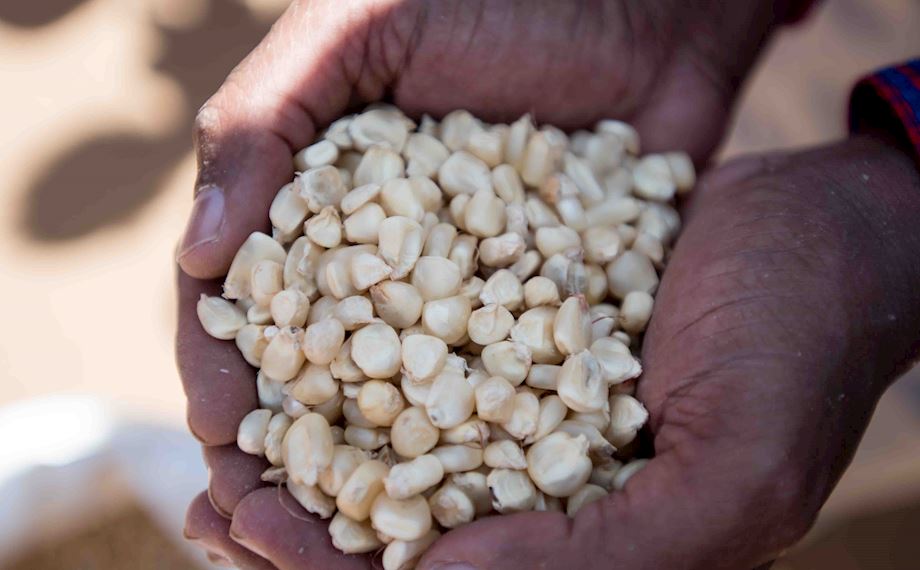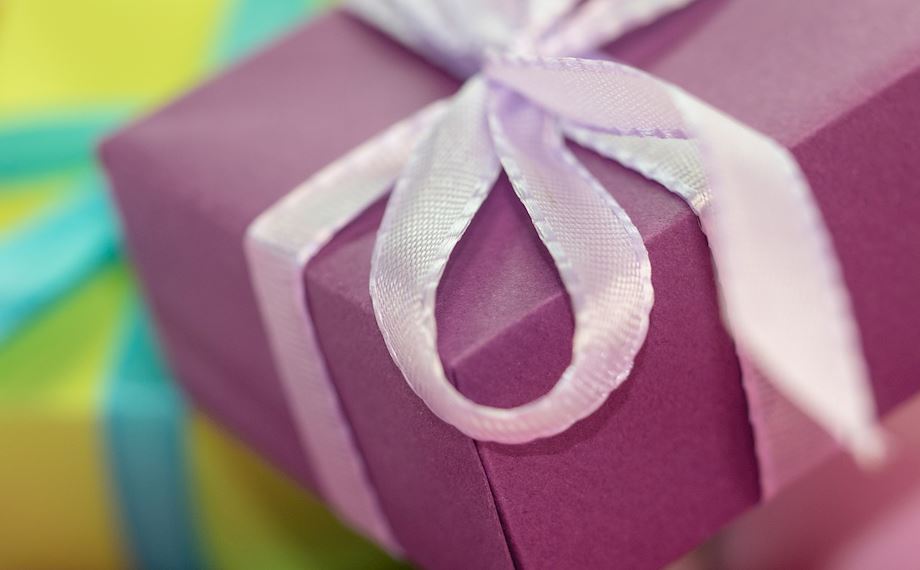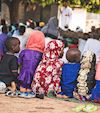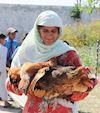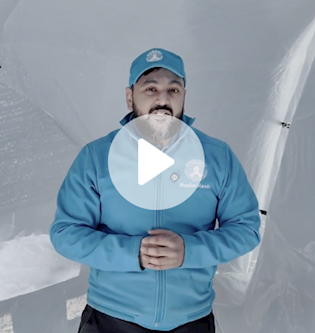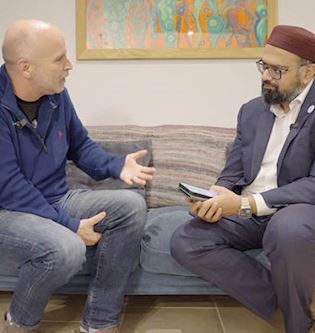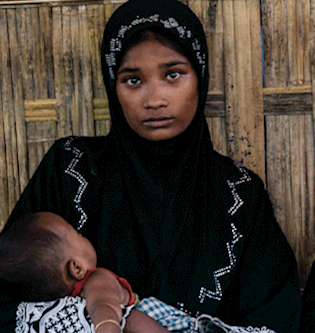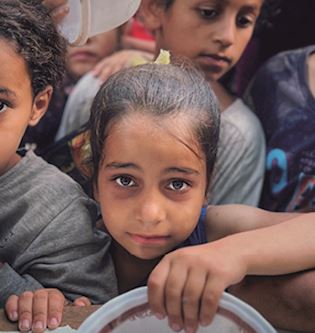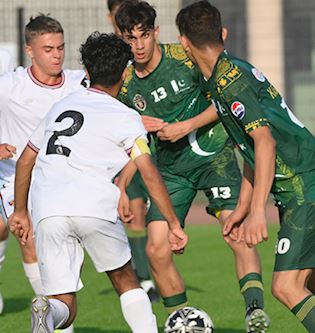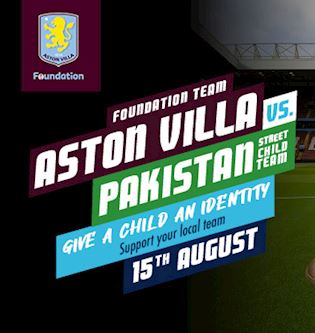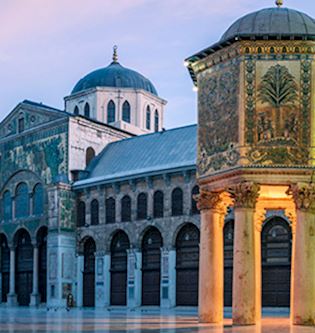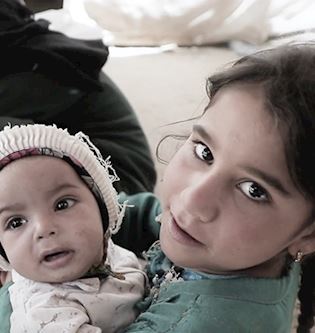Sunnah Acts to be Performed on Eid al-Fitr

When is Eid 2025?
This year, Eid al-Fitr is expected to fall on either Sunday 30th March or Monday 31st March (subject to moonsighting). Eid al-Adha is expected to fall on Friday 6th June (depending on the moonsighting).
How did the Prophet (saw) celebrate Eid?
Just the word ‘Eid’ brings a smile to the face of any Muslim during the last few days of Ramadan or Dhul Hijjah. However, putting on our best clothes and celebrating are not the only things we should do on Eid day. In today’s article we will look at some of the Sunnah acts you should do on the day of Eid.
Make du'a on the night of Eid - The Messenger of Allah (saw) said, 'There are five nights on which du'a is not rejected: the first night of Rajab, the fifteenth night of Sha`ban, Thursday night, the night before Eid al-Fitr and the night before Eid al-Nahr (al-Adha).' [As-Suyuti]
Make Ghusl before the Eid Salah - As Muslims, cleanliness is a fundamental part of our religion. Ibn 'Abbas narrated, 'The Messenger of Allah (saw) used to have a bath on the day of Fitr'. [Ibn Majah] We are encouraged to do the same and, in doing so, we make sure that gatherings and family festivities are an enjoyable affair.
Eating before prayer - For Eid ul-Fitr, it is Sunnah to eat some dates before the prayer so as not to extend the fast. Our Prophet (saw) did not set out on the day of Eid until he had eaten an odd number of dates, and we should follow his example.
Putting on Attar – Just as our Prophet Muhammad (saw) applied Attar (perfume) on Eid occasions, men are also encouraged to do the same, to create a pleasant environment in the masjid.
Takbeer - On the way to the masjid, Takbir al-Eid should be recited softly. The Eid Takbir is:
'Allahu Akbar, Allahu Akbar. La Ilaaha Illallahu Wallahu Akbar, Allahu Akbar wa Lillahil Hamd'
Congratulating each other - On Eid day, we often congratulate each other with greetings such as ‘Eid Mubarak’. However, a better way to greet each other is to take the example of the Sahabah (ra). It was narrated by Jubayr ibn Nufayr (ra), that the Sahabah (ra) used to greet each other on the day of Eid with: ‘Taqabbal Allaahu Minnaa Wa Minka’ ,which means 'May Allah accept (the fast and worship) from us and from you.' [Fathul-Bari]
Routes to Eid Salah - As narrated by Jabir bin Abdullah, 'On the Day of Eid, the Prophet (saw) used to return after offering the Eid prayer through a way different from that by which he went.' [Bukhari]
The reasoning behind this is so that on The Day of Judgement the two paths will testify that you attended this salah.
Perform Eid Salah - Eid Salah must not be missed, as it is a fundamental part of Eid festivities. As narrated by Abdullah bin Umar, 'Allah’s Apostle used to offer the prayer of Eid-al-Adha and Eid-al-Fitr and then deliver the Khutbah after the prayer'. (Bukhari) Read our article on how to pray Eid Salah.
Sacrifice on Behalf of the Ummah - On Eid al-Adha the Messenger of Allah (saw) used to give an extra Qurbani on behalf of those in his Ummah who could not afford to give themselves.
Lastly, we all need to ensure that we have paid our Zakat al-Fitr (Fitrana) before the start of Eid prayers. Zakat al-Fitr (£3.50 per person) is compulsory on all members of your household, including children and the elderly, and cannot be made up for if neglected.
From all of us at Muslim Hands, we would like to wish you a wonderful Eid al-Fitr. May Allah (swt) accept all of our fasts and prayers and bring us all endless joy on this blessed day.





